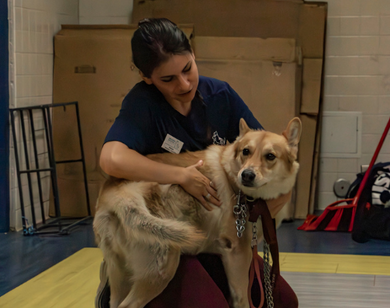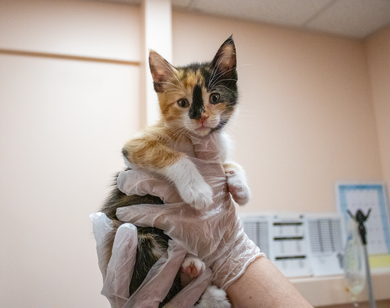 Have You Clearly Identified the Reason You Want a Pet?
Have You Clearly Identified the Reason You Want a Pet?
Is it because you are looking for a loyal companion for your family? Do you want your existing pet to have a friend? Maybe you want your child to grow up with animals to learn responsibility and compassion. No matter what your motivation, selecting a pet is a personal decision. Understanding the reason for that decision will help in determining which pet is best for you.
Are You Ready to Make a Long-Term Commitment?
Adopting a pet means that you are making a commitment to care for that animal for its entire life. As you go through lifestyle changes such as moving, new jobs, the birth of children, your pet will remain a permanent part of your life. Are you willing to make that kind of commitment?
Have You Considered the Financial Impact of Being a Responsible Pet Parent?
Quality food, regular vaccines, wellness visits, etc. are very important to the health and safety of your pet. As pets age, their veterinary expenses can increase, too. Are you prepared to accept the potential cost of caring for your family pet to keep them happy and healthy for life?
Are You Willing to Train Your Companion Pet?
Lack of training is a major cause of animals being returned to the shelter after adoption. Basic training, or manners training, helps dogs and their owners begin to speak the same language and communicate better which leads to a stronger relationship. Taking the time to understand your cat's behavior, especially when it involves her litter box and scratching habits, will help you avoid problems.
Is Your Living Arrangement Appropriate for a Pet?
If you are attracted to a high-energy or large breed dog, but have a small apartment or small back yard, will they have enough room? If you are a renter, have you considered what you will do when you move and have you investigated the pet policy and discussed pets with your landlord? Moving is the number one reason people give when they relinquish an animal into the shelter system. Thinking ahead will help you avoid this heartbreak if and when your living situation changes.





